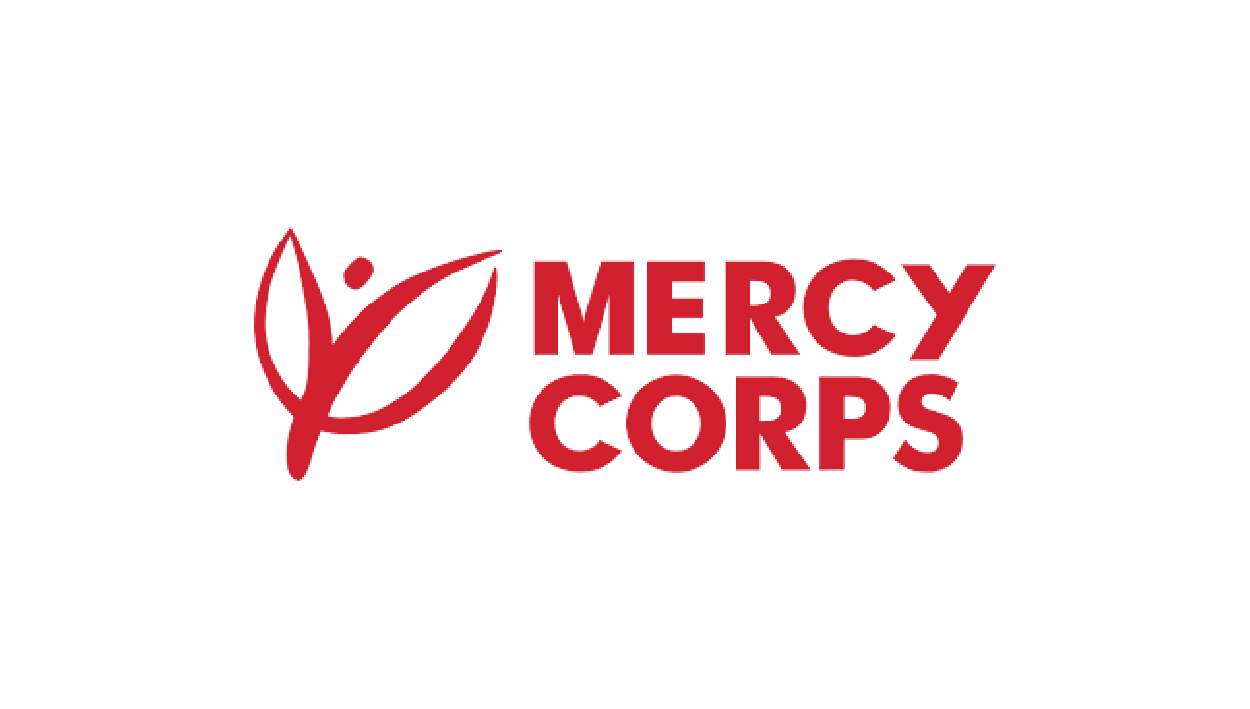Baseline/endline

Baseline
The baseline is a key component of the evaluation process as it provides information on the prevailing conditions of the context and the people for which the programme is intended, before the start of the programme. It also serves as a benchmark or point of reference to identify how an individual or group of people has changed during the duration of the programme and how much of a difference the programme has made to such people.
IWORDS Consulting brings the expertise to conduct baseline and needs assessments of development and humanitarian programmes in contexts of protracted crises, vulnerability, or post-disaster situations.
Endline assessment
These are assessments conducted at the end of a programme or intervention intended to measure the success of that intervention. To measure success, endline assessments use comparative data, usually with baseline assessments. However, baseline data is not always available. For this, innovative approaches to qualitative data collection and analysis must be devised.
Our team is an expert in designing and implementing innovative participatory evaluation methods in a wide range of contexts and programmes.

Case Studies

Endline/baseline evaluation of ‘Responsive Economic Assistance to Conflict-affected Households–REACH 3’, a Food for Peace emergency project in Damboa, Nigeria
Client: Mercy Corps (with USAID funding)
Year: 2020
Mercy Corps—an international relief and development agency that exists to alleviate suffering, poverty, and oppression by helping people build secure, productive, and just communities—has been running programmes in Nigeria since 2014. Mercy Corps commissioned our team to undertake the final evaluation of ‘Responsive Economic Assistance to Conflict-affected Households–REACH 3’, a Food for Peace-funded emergency food security programme that took place from July 2018 to December 2019. To assess the programme’s achievements of the activity in relation to the goals, objectives, results, and targets, the consultancy team utilized a set of methodologies that included the application, validation, and analysis of quantitative surveys with a sample of 1,087 people. The team also applied other data collection tools such as a desk review, in-depth interviews, and a PEER review.

Experience working with donor mechanisms such as the Safe Abortion Action Fund, The Girls First Fund, Elevate Children, Stars Foundation (Impact Awards), No Lost Generation (through UNICEF), and With and For Girls Awards, among others.